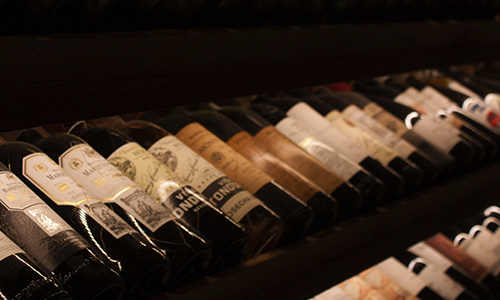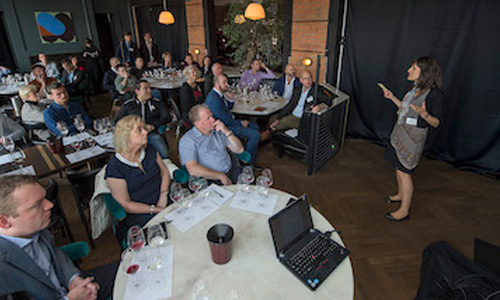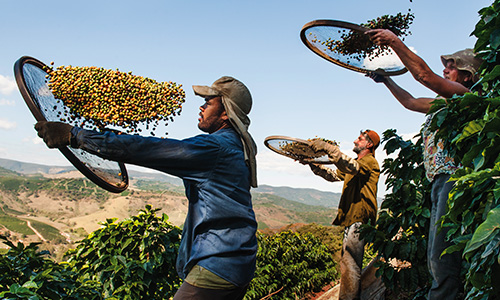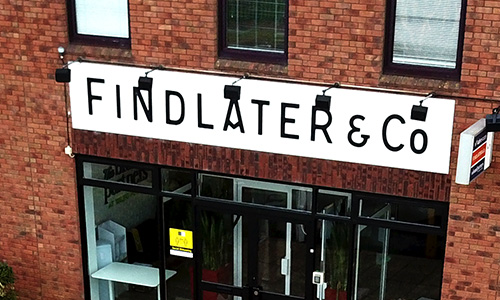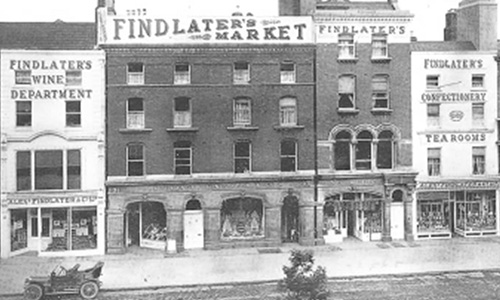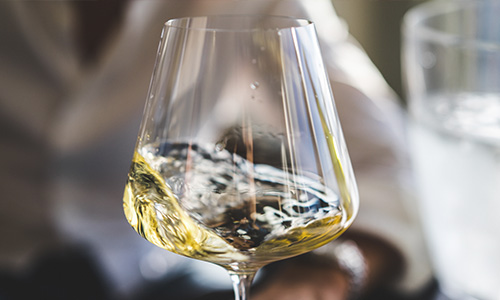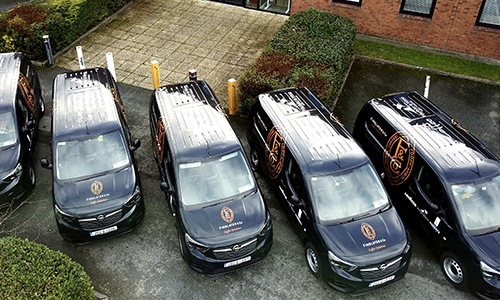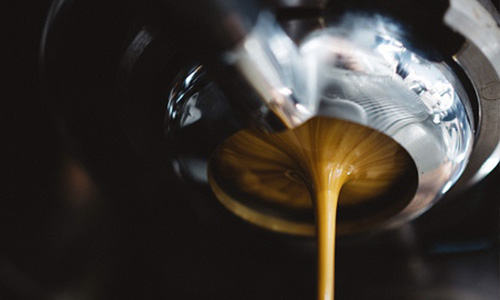Our Unique Heritage
It was over 200 years ago that Alexander Findlater founded ‘Alex Findlater’ on Burgh Quay in Dublin selling Irish and Scotch Whiskey, and soon grew his business to include wine, coffee and tea.
Alexander was a successful businessman expanding his interests across Dublin and further afield to include outlets in the UK. He even opened a brewery in North Dublin in 1852 after success exporting Porter to America.
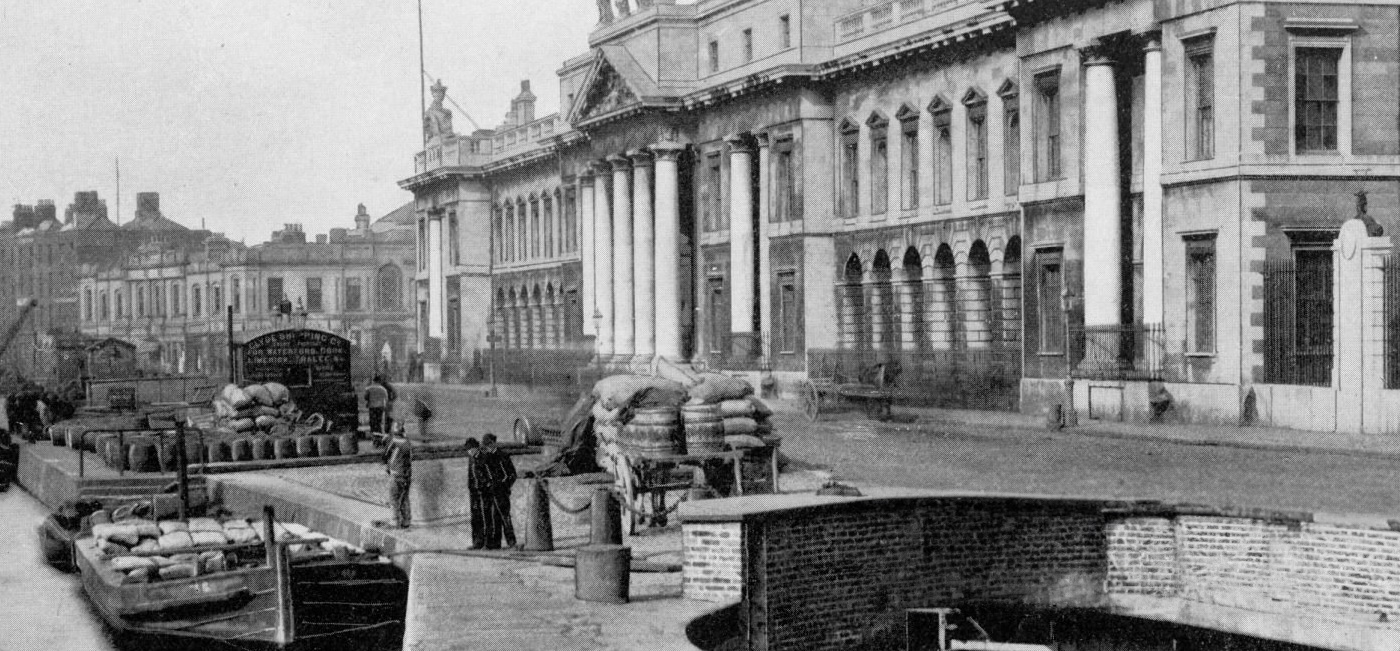
Following Alexander’s death in 1873, his nephew, John, took the reins and opened food and wine stores in the main residential districts of Dublin along with headquarters in Upper O’Connell Street.
The business continued, managed by three generations of the family, and finally trading as Findlater Wine Merchants from the old bonded vaults under the Harcourt Street Railway Station.
The emphasis under the Findlater brand has always been on quality and a name that you can trust
In 2001 the business was purchased by Cantrell & Cochrane and its portfolio became part of Findlater Grants (incorporating Grants of Ireland Ltd), before merging with Woodford Bourne in 2009 to create the Findlater Wine & Spirit Group, and was rebranded in 2016 as Findlater & Co.
Findlater’s Legacy: A Journey Through Time
1665-1905: Foundations and Early Expansion
1665: The marriage of Alexander Findlater and Christina Brodie in Dyke, Moray, begins the Findlater legacy.
1797: Birth of Alexander Findlater in Glasgow, who would later establish the family business in Dublin.
1823: Alexander sets up his business in Dublin, marking the start of Findlater’s influence in the city.
1852: Alexander opens a brewery in North Dublin, capitalising on the success of exporting Porter to America, showcasing his entrepreneurial spirit.
1852-1945: Growth and Diversification
1873: Following Alexander’s death, his nephew John expands the business, opening food and wine stores in Dublin’s main residential districts and establishing a headquarters on Upper O’Connell Street.
1897: Adam Findlater becomes a prominent figure in Dublin, contributing to commercial, industrial, and public service sectors.
1945-1962: Post-War Modernization and Leadership
1945-1962: Dermot Findlater leads the company through the post-war era, focusing on modernization and adapting to new economic landscapes.
1956: Alex Findlater starts his apprenticeship, heralding a new generation’s involvement in the business.
1962-Present: Legacy, Cultural Contributions, and Evolution
1962: Transition to a new era with Alex Findlater taking an active role, emphasizing the company’s adaptability and cultural engagement.
1993-1994: Introduction of the Bloomsday Messenger Bike Rally, linking Findlater’s to Dublin’s cultural calendar and James Joyce’s legacy.
Late 20th Century: The business, managed by three generations, continues to evolve, trading as Findlater Wine Merchants from the historic bonded vaults under Harcourt Street Railway Station.
2001-Onwards: Mergers and Rebranding
2001: Cantrell & Cochrane acquires the business, integrating it into Findlater Grants and later merging with Woodford Bourne in 2009 to form the Findlater Wine & Spirit Group.
2016: The company is rebranded as Findlater & Co., marking a new chapter in its storied history.
Summary
From its 18th-century origins to its 21st-century transformations, Findlater’s has been a cornerstone of Dublin’s commercial and cultural life. The company’s journey from a successful brewery and export business to a revered wine merchant reflects its enduring legacy and adaptability. Through wars, economic changes, and cultural shifts, Findlater’s has remained a symbol of quality and innovation, contributing significantly to Ireland’s social and cultural fabric.


